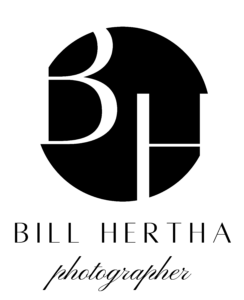








Social distancing, as demanded by the novel coronavirus, has changed TV interviews from a largely in-person in-studio event to one mediated through video-conferencing technology with an interviewee often at home. As this practice developed from a novelty to the norm the nuances became more apparent: the attire of the interviewee was often more casual, the settings were highly variable, less sterile, and the technical quality of the sound and video was noticeably inferior; loss of signal became a more frequent event.
As a spectator, the chance to look into the homes of those being interviewed, created a sense of voyeurism. Their surroundings offered another dimension of information about the person, maybe a more initmate one. I reflected on what I gleaned and wondered whether that message I inferred was intentional or not; I couldn’t help but suppose that some of these settings were staged.
Recalling the book the Ways of Seeing, by the art critic, novelist, painter and poet, John Berger, I hypothesized that the home setting provided a vector into the character of the interviewee (after all a home is created to align with the occupant’s likes). In reviewing classic paintings, Berger submits that the inclusion of food, animals, objects, buildings were often intended to portray the wealth of the owner; social and financial success was proof of their virtue. Today’s markers might be books, large and well appointed rooms, figurines and other objet d’art, and although virtue might be signalled, the key for people today who are asked to provide an expert opinion is credibility, first of themselves but ultimately of their ideas. Berger’s argument is that the things depicted in the classical paintings signal idealised behaviour, a system of etiquette of the higher strata of the ruling class. In today’s terms, books, objet d’art position the individual among the cognoscenti; a poorly selected background infers they are hicks, usually.
Stepping back a moment, the question is why this matters. When a news outlet interviews an expert, ultimately what is sought is an intelligent and rational expression of ideas and points of view. I don’t suggest that intelligence of a person correlates to a liberal or conservative point of view, nor the converse, that one position on the political spectrum is more or less rational or intelligent. But I do think that the point of view of the expert can be coloured by their position, their class, wealth, education, etc. and this in turn determines the audience with which they resonate. Shaping what they choose to present of themselves — shaping their brand — will affect the audience they attract; equally wealthy and educated hosts of CNN and Fox News attract very different audiences.
It’s easier to accept the news from someone you like or is like you; the at-home interview offers added insight into the character of the expert that can mould a viewer’s attitude.
Reference: https://www.youtube.com/watch?v=utEoRdSL1jo

Leave a Reply